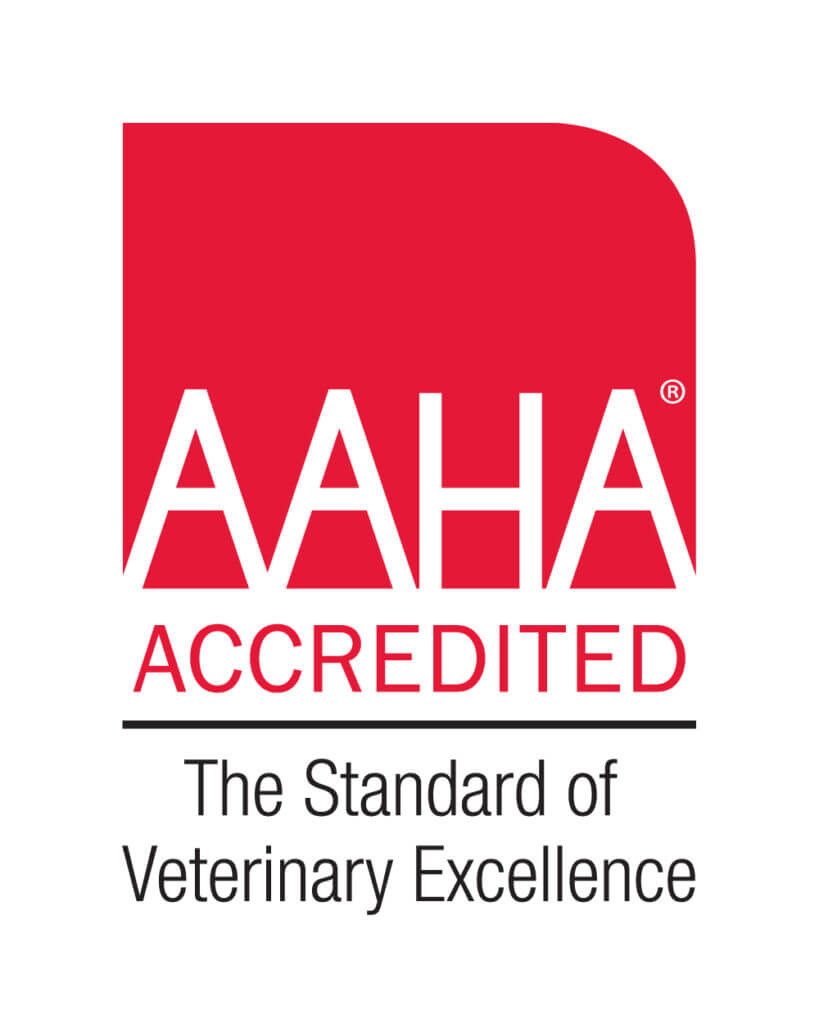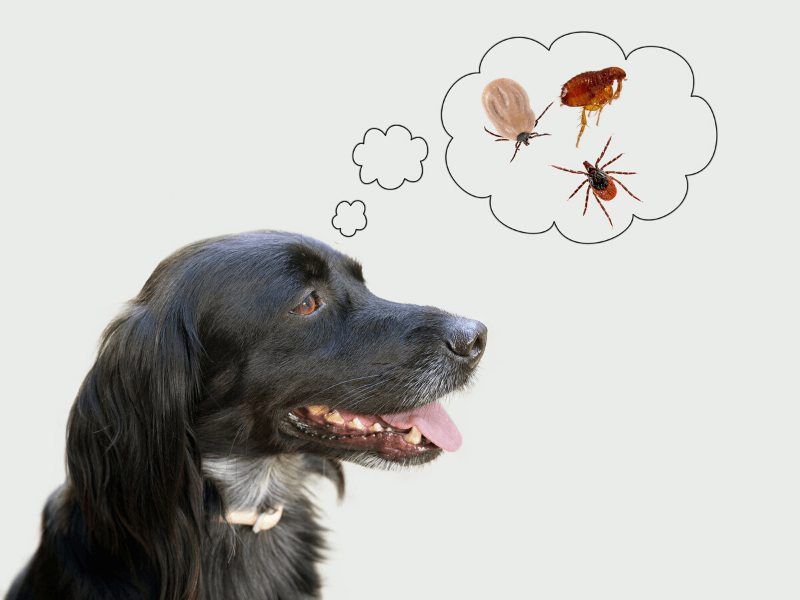Most people have been there. You either walk into another room and find a mess or you come home from work and find ripped open packages of something containing a toxin. When I was in vet school, I myself found an empty bag of chocolate chips that my Cocker Spaniel, Ducky (that’s him in the picture above), ate one night while I was sleeping.
What do you do?
First, don’t panic! Pick up any packaging you can find and save it. The box or bag contains important information for you vet to know when advising you over the phone or treating in the clinic.
Call your vet clinic. If your regular vet is not open, call a local emergency hospital or the ASPCA Poison Control Hotline (888) 426-4435. Whether the substance will cause problems for your pet depends on a few things.
Here’s what your vet will ask:
- What exactly did your pet eat? If you tell me chocolate, I’ll have follow up questions like white, milk, dark or baking chocolate because those have varying levels of toxic substances in them. White chocolate does not contain any toxins whereas baking chocolate in small amounts can be deadly. If it was a pesticide, insecticide, or other chemical, it will be faster for you to read off the active ingredient than for us to have to look it up.
- How much did your pet eat? Was it a new bag of chocolate chips or had you used most of them and he found the leftovers? When you’re not sure, let your vet know that and tell them how much would have been in a new package so we can consider worst case scenario and go from there.
- How big is your pet/what does your pet weigh? Do you have a teeny tiny Chihuahua or a giant Great Dane? Because the dose ingested compared to your pet’s body weight factors heavily on whether this is a life threatening emergency versus something you can safely monitor at home.
- How long ago did your pet eat the substance? Sometimes you might not know. Ducky ate the chocolate chips some time between 10pm and 6am. Beyond that, I had no idea, but that information is also important to tell the vet. If you witness your pet eating something or know that it wasn’t more than a couple hours ago, your vet may have different advice about what to do.
Once your vet or the Poison Control Hotline advises you over the phone, they will likely either have you come in or attempt some things at home. If they have you come in, they will likely induce vomiting (depending on the toxin). There are some substances that will be dangerous for your pet to throw up which is why it’s important to seek advice first then act.
If your vet tells you to bring the pet in, do so immediately and let the vet know about how long it will be before you get to the clinic. Delays make the treatment less successful and if you’re further away from the clinic than expected, your vet may ask you to do something at home first. Always follow the vet’s advice on the next steps you should take.
When you get to the hospital, check in and the staff may take your pet to the treatment area right away to induce vomiting. The medications that vets have available to stimulate vomiting are safer than what you can do at home and work quickly. At Premier Pet Care, once your pet is done throwing up, we’ll give them another medication to stop the nausea before you go home.
Assuming your pet vomits up most or all of the toxin, there may or may not be follow up treatment. We’ll generally give a medication call activated charcoal to pets who eat chocolate. Animals who ate rat or mouse poison might need Vitamin K. Sometimes 24-48 hours of IV fluids is recommended in cases of ibuprofen or grape toxicity. What ancillary treatment or testing is required is based on what your pet ate.
Once your pet is out of danger and gets to go home, it’s important that you take precautions in the future to avoid another accident. Pets who eat a toxin once may be prone to trying other things. Keep your pet out of trouble by keeping them confined to a bedroom or kennel when you’re not home. Alternatively, keep dangerous substances behind closed doors or on high shelves and in cabinets.
Ducky was fine. I took him to school and had one of the interns examine him. He showed no signs of negative effects from the chocolate chips and went on to live to the ripe old age of 15. That dog had a stomach of steel.
If you have any questions about what household products are toxic to your pet, give us a call or send us a message on Facebook.
If your pet has eaten anything toxic and you live in St. Charles County, Missouri, contact us immediately at 636-322-4052.
[fblike]





